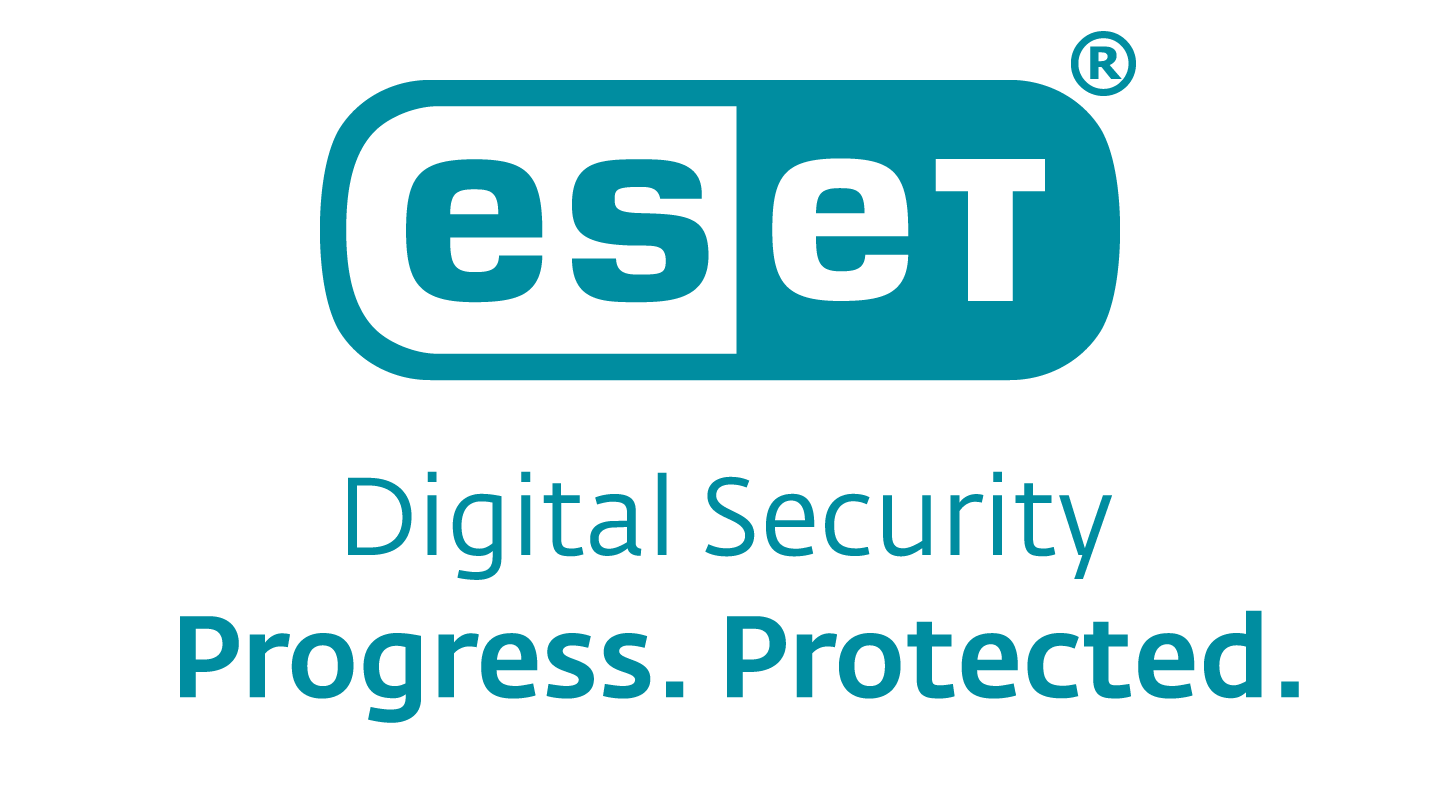Lighting the way
on all things IT
see what we can do for your business
Business Solutions
Grow your business
Latest news
Business Solutions
Grow your business
What Clients Say
Trusted for IT since 2011

Sina Ginger, the world's leading ginger candy manufacturer, has relied on Velocity as their trusted technology MSP since 2011.
With Velocity's expert guidance, we’ve implemented iPads for order management, OneDrive for document management, and workflows for traceability in warehouse
operations.
Velocity also takes care of our IT hardware, including CCTV, laptops, and servers for our ERP system. We've never experienced any IT failure, operation issues, or security breaches since partnering with Velocity. They regularly back up our files to prevent any accidental deletion and ensure that our licenses are always up-to-date.
Eugenia Yeung
Director and Deputy General Manager
Sixfifteen Imports-Exports Limited (Sina Ginger)
Always there for us

“Velocity prepared the AWS infrastructure to our specifications in just a day and have been managing the site for more than six months with zero unscheduled downtime. We needed to make several last-minute additions and changes and the team were always there for us, responding quickly and suggesting cost-effective solutions.”
Nour Soliman
Global Marketing Director
Beacon Events
Going the extra mile

“We are the only Asian branch of a French financial services group and need local expertise in HK. When we needed to move office after growing substantially to 30 employees in HK, Velocity was the logical choice to manage the IT part of our move that had to happen in one weekend. Velocity’s project management and team of engineers ensured the move happened as smoothly as possible. OTCex HK was up and running on the Monday morning after the move and none of our institutional clients suffered any interruption to their broking services. What was outstanding was how Velocity went the extra mile after the move. We suffered a major electrical issue the weekend after the move and Velocity organized the replacement of the blown circuits.”
Eric Rabot,
CEO
OTCex Hong Kong Limited
Facilitated our growth

“Our operation has grown volume-wise and geographically, and Velocity has assisted us with a wide range of IT services to facilitate our growth. Their focus on Cybersecurity within IT Infrastructure management has kept them relevant and effective.”
John Ng,
Managing Partner
Landmark Capital Hong Kong
Fast delivery

“What is particularly impressive was the ability of Velocity to complete a major office establishment project in Hong Kong in a very compressed timeline. Our company is expanding globally and Velocity is providing all the required IT solutions and services to enable this expansion.”
John Dewe
Head of Information Communication Technology
CDB (China Development Bank) Aviation Leasing – Hong Kong
12 years of quality service

“Velocity has looked after all aspects of our IT requirements including office moves, database support and generally keeping our IT running smoothly. The fact that we have relied on Stuart’s service for over twelve years gives an indication of the quality of service and professionalism that they provide.”
David Bulbeck
Managing Director
Executive Impact Limited
Extremely knowledgeable

“Velocity is extremely knowledgeable in a variety of IT and online security matters. Velocity managed our computing life from developing high-level corporate IT strategy through design, implementation and infrastructure upkeep and also kept my laptop and email running trouble free for years.”
Alex Hill
Hill Partners Limited
Director
Outstanding problem solvers

“We have been very pleased with our decision to select Velocity as our IT support company in Asia. After acquiring a business in Hong Kong we faced a number of challenges with providing support to an office half way around the world that Velocity has assisted us with resolving. Importantly they have been proactive in identifying inefficiencies and recommending and implementing changes that assist our Global IT Team.”
Stephen Roberts
Global IT, Integration & Change Director
Equiom Group
Super responsive

“The service we have received from Velocity has included constant and proactive monitoring of our systems, a continuous option of regular (weekly) site visits to ensure ongoing issue resolution, two office moves and a number of IT upgrades both in terms of hardware and software. Each interaction with Velocity has been typified by competence and responsiveness, as well as accurate costing both in terms of pricing competitiveness and resourcing requirements.”
Tom Royds
Chief Operating Officer
Lloyd George Management (HK) Limited
New Test

“The service we have received from Velocity has included constant and proactive monitoring of our systems, a continuous option of regular (weekly) site visits to ensure ongoing issue resolution, two office moves and a number of IT upgrades both in terms of hardware and software. Each interaction with Velocity has been typified by competence and responsiveness, as well as accurate costing both in terms of pricing competitiveness and resourcing requirements.”
Tom Royds
Chief Operating Officer
Lloyd George Management (HK) Limited
partners












Your business is our business
We’ll invest in getting to know you, so please drop us a line on how we can help. One of our experts will get back to you promptly for a free consultation.

